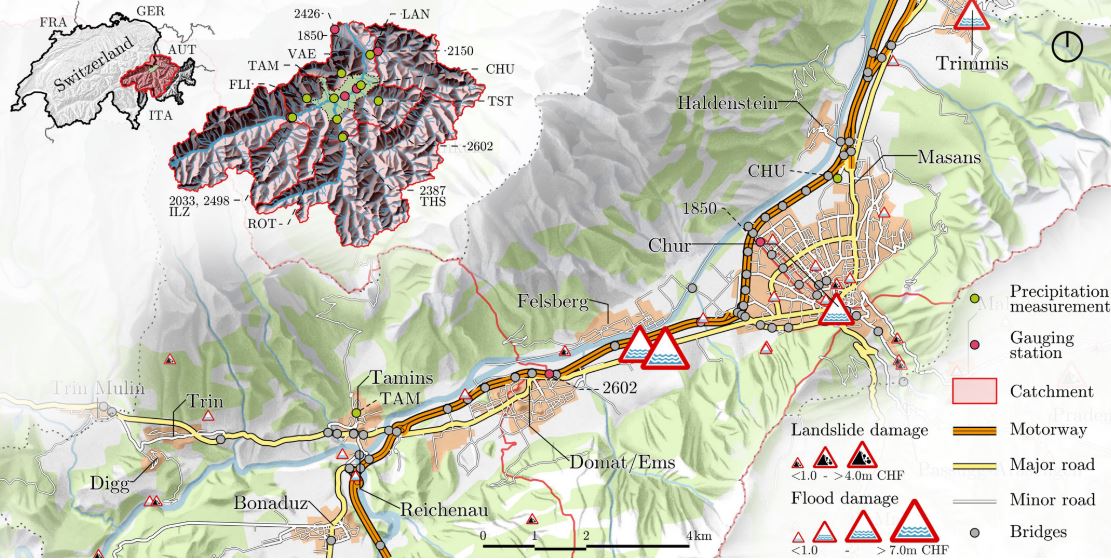Multi-Stakeholder Decision support framework to identify and evaluate resilience improvement interventions for interdependent infrastructure systems
Project description
Infrastructure systems are susceptible to hazard events, which disrupts their functionality leading to direct and indirect consequences for their stakeholders as well as the public. Therefore, infrastructure managers need to execute interventions to improve the resilience of their system of interest. Due to the complexity and interdependency of infrastructure systems, it is of crucial importance to have a comprehensive evaluation of resilience improvement interventions in order to quantify what benefits each stakeholder gains and how costs should be divided.
The main objective of this project is to develop a decision support framework to identify and evaluate the resilience improvement interventions of interdependent infrastructure systems in a multi-stakeholder setting. To this aim, it is first required to design stress tests to determine the current state of different aspects of resilience of system of infrastructure systems under extreme conditions, i.e., hazard events. It is followed by identifying the potential interventions that can address the outcome of stress tests and thus improve the resilience of the entire system. Lastly, the benefits and costs of each intervention from the perspective of each stakeholder are evaluated. This helps the stakeholders, as well as the public, to have a quantified evaluation of the benefits they gain from each intervention and more importantly, how much each of them should be responsible for the costs. These goals are achieved through a simulation platform that conducts computational experiments considering the uncertainties in hazard events, response and damage of infrastructure systems, and the direct and indirect consequences during the recovery process in order to have a more realistic evaluation of interventions.
